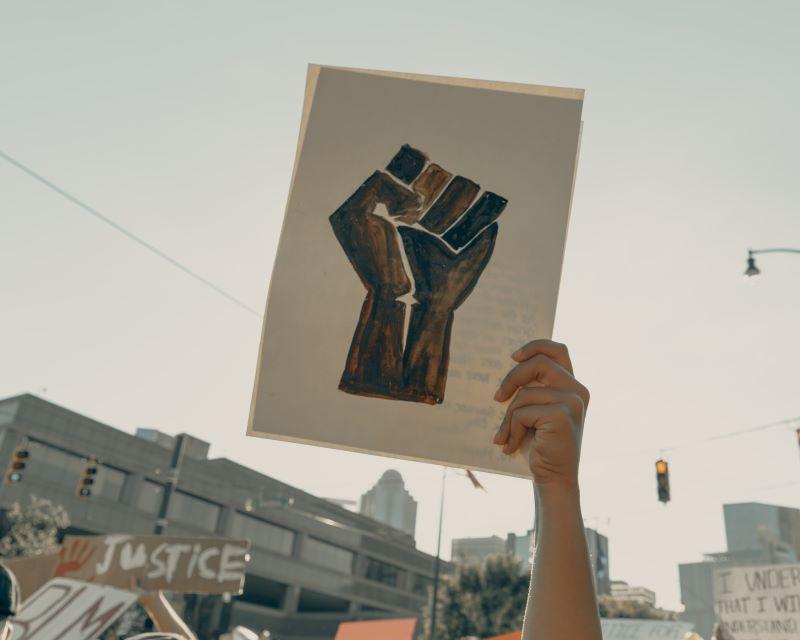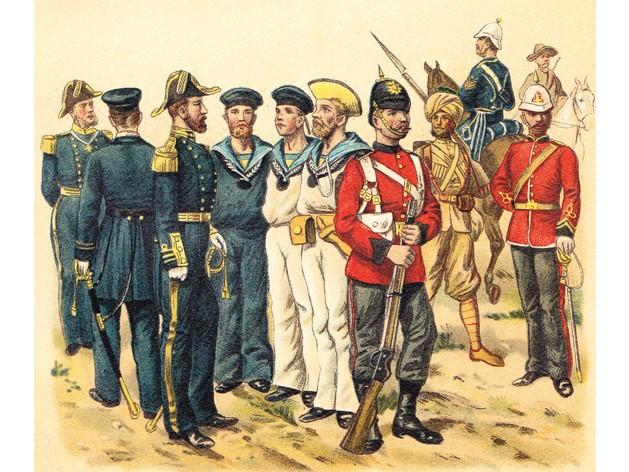I recently found myself watching the latest season of the Netflix series The Crown. After which, a storm of sorts erupted over the depiction of real people in the episodes, with some – such as former British prime minister John Major – denouncing the manner in which they were portrayed and claiming that entire conversations we see in the episodes never took place, or at least not in the manner they were presented to us.
It seems we’re back to that tired old horse that has long been flogged; the “history versus fiction” debate that goes back to the beginnings of history writing itself.
Those who are partial to the view that historical fiction may still provide us with some truths might cite works such as Tolstoy’s War and Peace and note that, although the characters Pierre Bezukhov, Andrei Bolkonsky and Natasha Rostova never existed, the moral message of the novel remains the same and that Tolstoy’s use of historical facts and figures – such as the Battle of Borodino, Napoleon and Tsar Alexander – merely lent his tale a historical backdrop against which the human drama of the novel was acted out. Nonetheless, it is also important to note that Tolstoy did not alter the historical facts and personalities that he carefully selected as he prepared the stage for his story: he did not claim that the Russians won the Battle of Borodino, nor that Napoleon chose to stay in Moscow indefinitely, for example.
- Can there ever be a neat history of colonialism?
- Teaching history in the 2020s: how can Subject Benchmark Statements help?
- Does decolonisation in the West do anything for the developing world?
What concerns some historians such as myself is that present-day recountings of history have taken a turn for the cavalier to the point where history has been rendered as fiction. One can think of Quentin Tarantino’s Inglorious Basterds for instance, which ends with the killing of Hitler in a Parisian cinema of all places. Such films can be placed in the ranks of other pseudo-historical “patriotic” flicks that have emerged in many parts of the postcolonial world, laced with doses of precolonial nostalgia and ethno-nationist sentiments. Rather than presenting the realities of colonialism and Empire for what they were – complete with all their internal contradictions, including collaboration – we are served accounts of history that are self-serving instead.
Some might voice caution against such a pessimistic outlook by taking the view that people are not so easily duped, or that most of us can tell the difference between fact and fiction, or that when all else fails there is always the option of doing a simple fact check on the internet.
But teachers the world over will know that in our real-life classroom/lecture situations such diligence is not always at work. A young person from Vietnam, for instance, which was never colonised by Britain but by France, might not have the time to read up the history of British politics before she or he turns on the TV to watch The Crown. The claim that historical misrepresentations can be corrected if only we are inclined to check the facts first falls flat when we consider the overabundance of information (and trivia) that is now readily available at our fingertips.
As a historian whose own focus is the history of Empire and colonial capitalism in 19th-century Southeast Asia, the events of recent months have been a downer in more ways than one. From the erasure of the memory of Empire following the death of Elizabeth II to the make-it-up-as-you-go-along historical fictionalising in The Crown, my worry that the legacy of Empire will eventually be erased or distorted has grown.
So, what can history teachers do to address these concerns? We can begin by drawing clear boundaries between history and fiction – and reminding our students that while history writing is a process of narrative production, they are not taking a course in creative writing. Although it has become trendy of late to deride all “grand narratives” on the grounds that such official narratives have been elevated to that status as a result of the workings of power, historians need to remind themselves and their students that the bedrock of history is the discovery and analysis of historical facts.
“Historical facts” may be open to interpretation and critical evaluation, of course, but they are worthy of interpretation and evaluation precisely because they are facts (and not fiction). When teaching history, what we are doing is inviting our students to critically appraise and question the “truth value” and primacy of the facts presented before them and not the style in which the facts are delivered.
We can and ought to invite our students to rigorously question the validity of historical facts A, B and C – and even ask why some historical facts matter more than others. It is perfectly valid, in my opinion, for historical facts to be interrogated and for hierarchies of facts (between “important facts” and “less important facts”) to be questioned, challenged and even overturned. After all, that is how historians have made sense of the past and explained the changes that have taken place in society the world over. But this can only happen when we remain within the domain of known and verifiable facts, rather than dipping our toes into the slippery pool of fictional speculation.
For those like me who teach the history of Empire in a postcolonial setting, such facts are all the more important today. With every passing year the memory of colonialism and imperialism recedes further into the background, and lecturers like me are conscious of the fact that we are teaching students who have no memory of the realities of colonialism at all.
Recounting the historical facts of colonial history – the dates of battles and wars, the names of conquerors and their victims – is central to a proper historical accounting of Empire and its legacy. Although some might long for a turn to fiction, or to experiment with all manner of fictional “what if…” scenarios that could have happened, none of this creative speculation explains or addresses the very real power differentials and inequalities that remain the lasting traces of the colonial encounter. And for teachers who have to live and work in the developing South, it is simply a luxury we cannot afford.
Farish A. Noor is professor in the department of history, faculty of the arts and social sciences at the University Malaya, in Malaysia. He is also a visiting professor on the Standards of Decision-Making Across Cultures Programme at the Friedrich-Alexander University of Erlangen-Nuremberg in Germany.
If you would like advice and insight from academics and university staff delivered direct to your inbox each week, sign up for the Campus newsletter.




comment